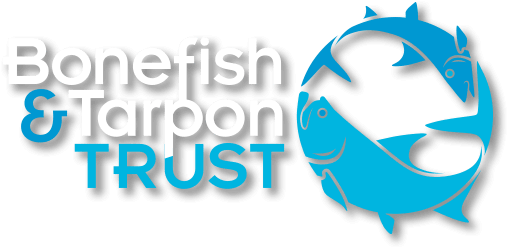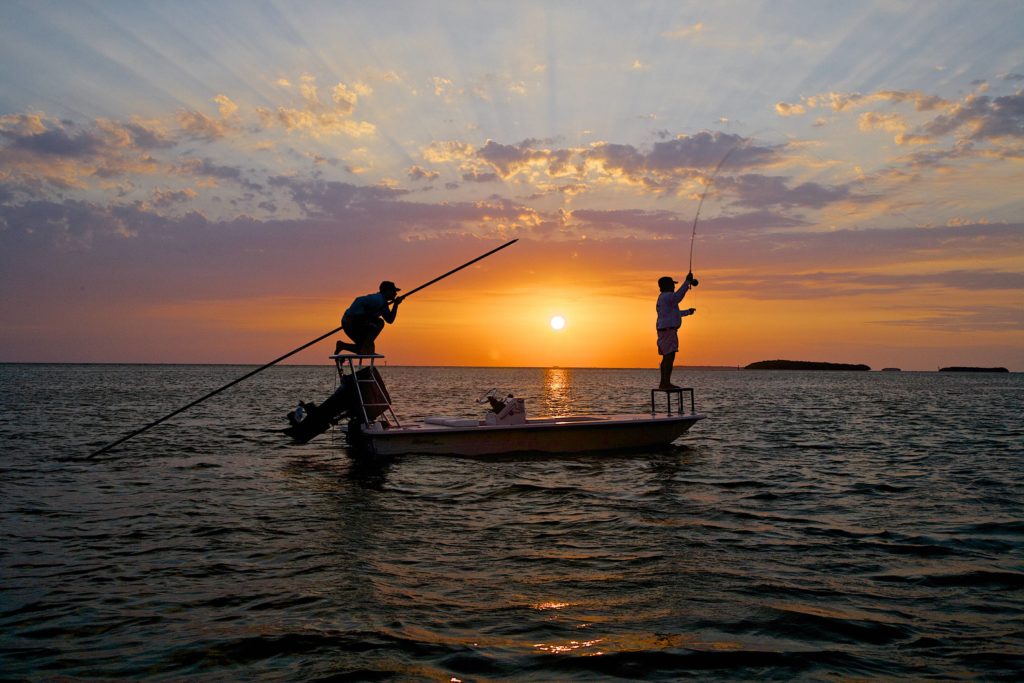To address the decline of Florida’s fisheries, Bonefish & Tarpon Trust, the world leader in saltwater flats conservation, is advocating for the inclusion of habitat needs in FWC’s fisheries management plans.BTT calls on anglers, guides and other stakeholders to sign the “Habitat is the Future of Florida Fisheries” petition and to contact the Florida Fish and Wildlife Conservation Commission (FWC) to voice their support for prioritizing habitat conservation (links below).
From secluded mangrove creeks to expansive seagrass flats, healthy habitats are vital to the health of Florida’s fisheries. Unfortunately, a staggering amount of Florida’s coastal habitat has been decimated by development, pollution, and altered freshwater flows. Florida Bay has lost one third of its seagrass, while Tampa Bay has lost nearly half of its mangrove forests. In the Indian River Lagoon, mosquito ditches and impoundments hinder fish access and have greatly reduced the amount of usable nursery habitat. In the Keys, the number of flats classified as “severely degraded” due to propeller scarring has increased 90% over the past 20 years.
The only way to protect Florida’s fisheries from further decline is to conserve and restore what habitat remains. Of special concern are the places juvenile fish reside, which are often in close proximity to areas impacted by human development. For many species, the amount of healthy nursery habitat determines the size of the adult population. This means that many of the declines in fish populations that are evident today are a direct result of the habitat loss Florida has suffered in the past.
“Regulation alone cannot prevent further decline to our flats fishery,” said BTT president and CEO Jim McDuffie. “The role of healthy habitats must also be incorporated into FWC’s fisheries management plans, including steps to identify and assess critical habitats, to protect those that are intact, to restore those that are degraded, and to effectively manage them all. If we fail, fish populations will continue to decline regardless of the regulations created to safeguard them.”
BTT urges anglers and guides to be the voice for healthy habitats by signing the “Habitat is the Future of Florida Fisheries” petition and contacting FWC to let the Commission know that anglers support BTT’s new collaboration with FWC to include habitat as a central component of fisheries management. To learn more, please visit: btt.org/habitat.
(Photo: Pat Ford)




